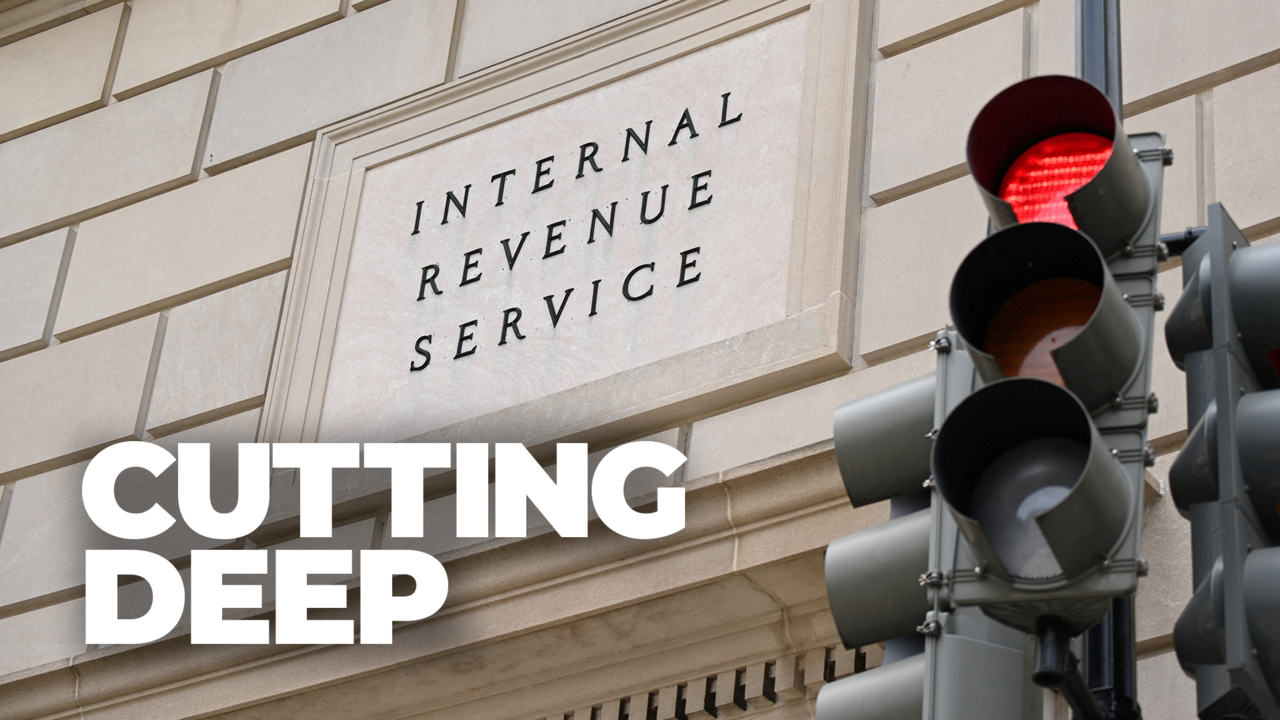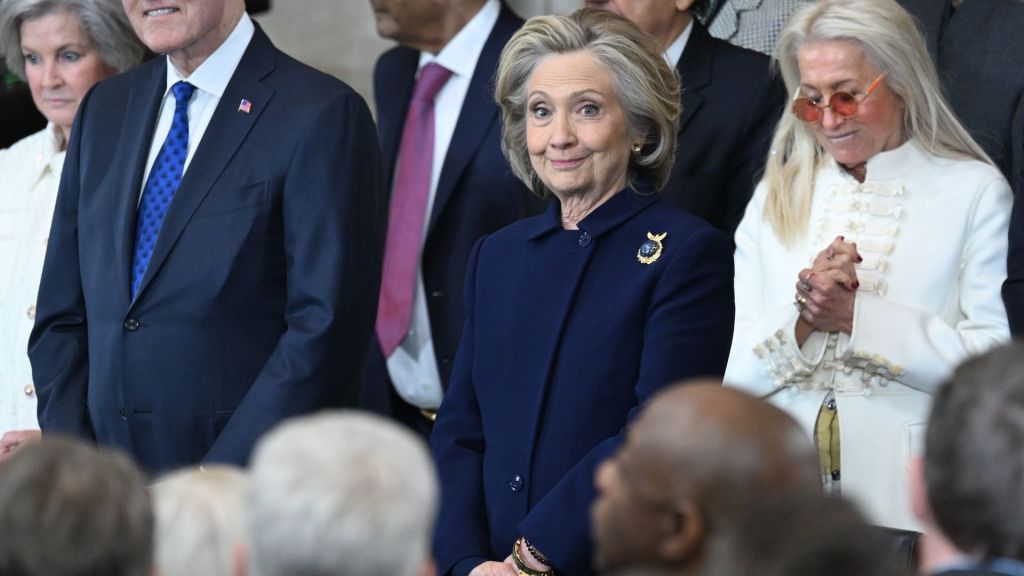
SIMONE DEL ROSARIO: PROMISES MADE. PROMISES KEPT.
THAT’S HOW HOUSE SPEAKER KEVIN MCCARTHY CHARACTERIZED THE REPUBLICAN VOTE TO REPEAL MOST IRS FUNDING SECURED THROUGH THE INFLATION REDUCTION ACT.
MARC GOLDWEIN: I guess I question why they made the promise in the first place.
SIMONE DEL ROSARIO: MARC GOLDWEIN IS WITH THE NONPARTISAN – COMMITTEE FOR A RESPONSIBLE FEDERAL BUDGET.
MARC GOLDWEIN: The first action the House is taking would increase the deficit, encourage more tax cheating, increase waste, fraud and abuse and undermine something that actually President Trump had pushed for, which was more, better tax enforcement.
SIMONE DEL ROSARIO: USING CONGRESSIONAL BUDGET DATA, THE COMMITTEE ESTIMATES TAKING AWAY IRS FUNDING WOULD COST THE COUNTRY $114 BILLION OVER THE NEXT DECADE.
THAT’S BECAUSE WHILE THE U-S WOULD SAVE THE $72 BILLION EXPENSE, IT WOULD LOSE OUT ON $186 BILLION IN REVENUE.
MARC GOLDWEIN: This is one of those rare circumstances that something that the federal government does actually would pay for itself, and then some. And so that’s why it’s such a no brainer in the first place to fund the IRS because they are so underfunded that giving them more money actually reduces the deficit.
SIMONE DEL ROSARIO: REPUBLICANS ARGUE THE MONEY WOULD BE USED TO FUND 87,000 NEW AGENTS TO “GO AFTER” THE AMERICAN PEOPLE. BUT THE IRS MAINTAINS MANY EMPLOYEES WOULD NOT BE AGENTS, AND AUDIT INCREASES WOULD TARGET THOSE MAKING MORE THAN $400,000.
MARC GOLDWEIN: The IRS has been hemorrhaging staff. Over the last decade, what we’ve seen is that audit rates have gone way down, so far down, that a lot of people don’t think they need to be honest on their taxes in the first place.
SIMONE DEL ROSARIO: GOLDWEIN SAYS BOLSTERING THE IRS WILL BRING MORE PEOPLE IN COMPLIANCE. AND MORE MONEY TO BRING DOWN THE DEFICIT.
MARC GOLDWEIN: The good news is that this isn’t going to pass. The good news is that the Senate is not going to pass this decision. And if they did, the President wouldn’t sign it. So the IRS will have that money. The bad news is that we’re focusing on rescinding this money, instead of focusing on actual improvements to the IRS.
SIMONE DEL ROSARIO: GOLDWEIN SAYS CONGRESS SHOULD INSTEAD BE FOCUSING ON MAKING SURE THE IRS SPENDS THE MONEY THE WAY IT SAYS IT WILL.
SENATE REPUBLICANS DID INTRODUCE AN IRS FUNDING ACCOUNTABILITY ACT IN NOVEMBER WHICH WOULD GIVE CONGRESS OVERSIGHT ON THE $80 BILLION IN FUNDS, BUT THE BILL DIED AT THE END OF THE YEAR.
I’M SIMONE DEL ROSARIO IN NEW YORK IT’S JUST BUSINESS.










